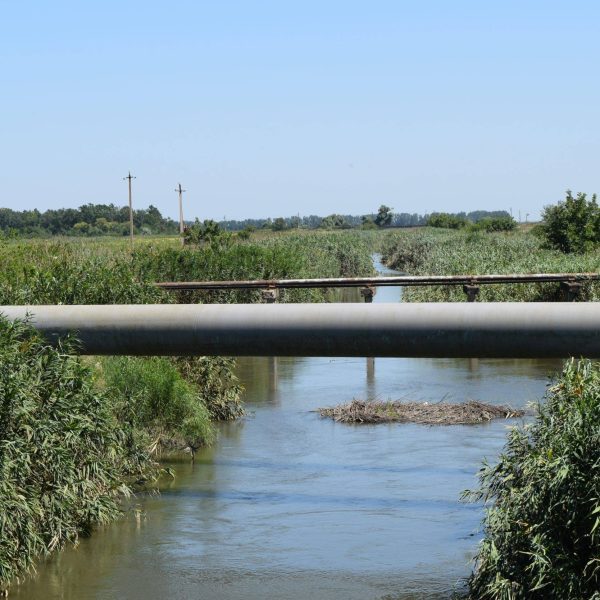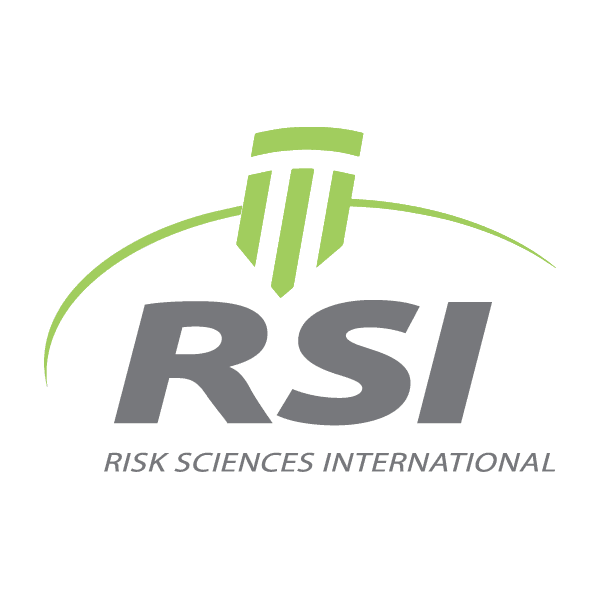Contamination of water sources — whether from industrial discharges, agricultural runoff, mining, or natural events — poses significant risks to human health, ecosystems, and economic activity. Pollutants such as heavy metals, pathogens, nitrates, pesticides, and emerging contaminants like PFAS can persist in water systems, creating both acute and chronic health threats. Incidents of contamination often erode public confidence, triggering strong reactions and demands for accountability.
The challenge lies in the complexity of sources and pathways. Groundwater and surface water can be contaminated through diffuse or point sources, and impacts often vary across geography and populations. Regulators must establish robust monitoring and enforcement frameworks, industries face liability and reputational risks, and communities require transparency and rapid response when contamination occurs. Climate change adds further stress, as floods and droughts increase the vulnerability of water systems to contamination.
Risk sciences provide evidence-based methods for hazard identification, exposure modeling, and health impact assessment. They also support decision-making on mitigation strategies, from treatment technologies to land-use planning. Risk communication is critical to maintaining trust, ensuring communities understand both risks and protective actions.
RSI is dedicated to advancing safe water management, bringing the expertise and experience required to support stakeholders in protecting this vital resource.

